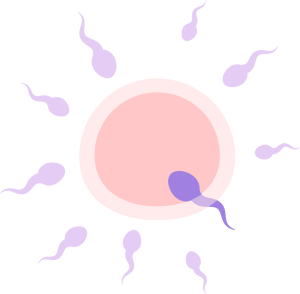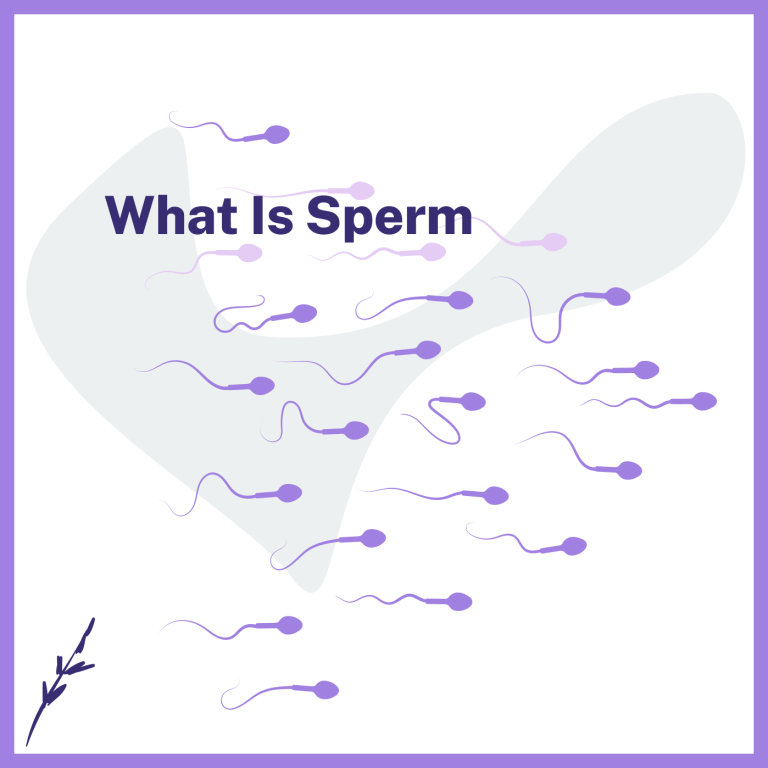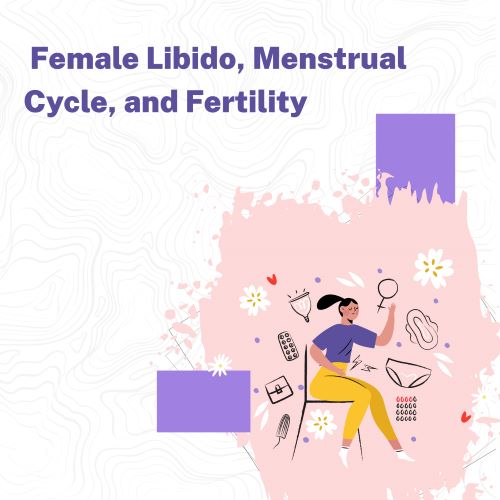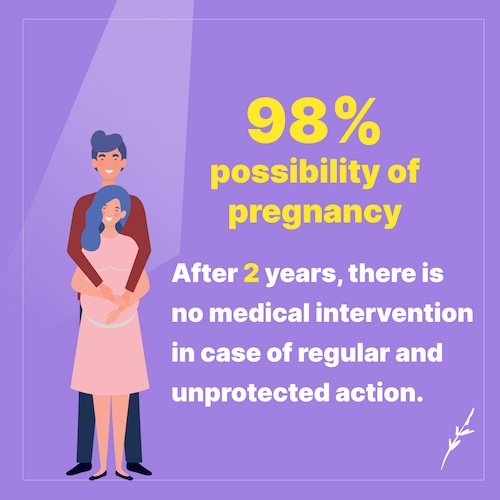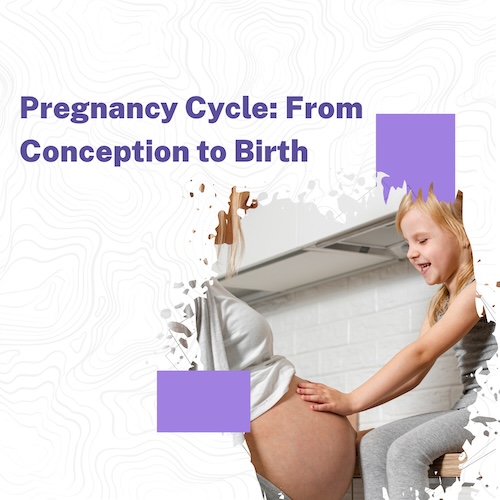What is conception?
Conception is the biological process through which a male sperm fertilizes a female egg, leading to the creation of a new human life. It represents the very first step of pregnancy and marks the beginning of embryonic development. Conception can occur naturally inside the body or artificially outside the body with the help of assisted reproductive technologies such as IVF (in vitro fertilization).
In natural conception, fertilization most commonly takes place in the fallopian tubes, where a released egg encounters sperm after sexual intercourse. However, conception is not a single moment—it is a multi-step, highly coordinated biological process influenced by timing, cell quality, hormonal balance, and overall reproductive health.
When Does Conception Occur?
Conception depends heavily on the timing of ovulation, intercourse, and sperm survival. After ovulation, a mature egg is released from the ovary and enters the fallopian tube. This egg remains viable for approximately 12 to 24 hours. In contrast, sperm cells can survive in the female reproductive tract for up to five days under favorable conditions.
Because of this difference, the fertile window—the period during which conception is possible—usually spans the five days leading up to ovulation and the day of ovulation itself. Intercourse during this window significantly increases the chances of successful conception.
Step-by-Step Mechanism of Conception
Conception involves several complex and sequential steps, each of which must occur correctly for fertilization to succeed:
1. Sperm Transport and Survival
After ejaculation, millions of sperm are deposited in the vagina. From there, sperm must travel through the cervix, uterus, and into the fallopian tube. This journey is challenging, and only a small fraction of sperm survive and reach the egg. Cervical mucus, uterine contractions, and sperm motility all play critical roles in this process.
2. Sperm–Egg Recognition and Penetration
Once a sperm reaches the egg, it must penetrate several protective layers surrounding it, including the corona radiata and the zona pellucida. The sperm uses enzymes released from its acrosome—a cap-like structure on the sperm head—to break through these barriers and bind to the egg’s membrane.
3. Egg Activation and Block to Polyspermy
When a sperm successfully enters the egg, it triggers a cascade of biochemical and electrical changes within the egg. These changes prevent any additional sperm from entering, ensuring that only one sperm fertilizes the egg. This step is crucial for maintaining the correct number of chromosomes.
4. Fusion of Genetic Material
After entry, the sperm releases its nucleus into the egg’s cytoplasm. The nuclei of the sperm and egg then align and fuse, combining their genetic material. This fusion results in the formation of a zygote, the first cell of a new individual, containing a complete set of 46 chromosomes.
From Conception to Early Pregnancy
Conception does not immediately guarantee pregnancy. After fertilization, the zygote begins dividing as it travels toward the uterus, becoming a blastocyst. For pregnancy to continue, the blastocyst must successfully implant into the uterine lining, usually 5 to 7 days after fertilization.
It is important to note that many conceptions do not result in implantation or progress beyond very early stages. Early pregnancy loss is common and often occurs before a person even realizes they are pregnant.
Factors That Influence the Outcome of Conception
The success of conception and early pregnancy depends on multiple factors, including:
- Sperm quality and quantity (count, motility, morphology, DNA integrity)
- Egg quality, which is strongly influenced by age
- Hormonal balance in both partners
- General health and lifestyle, including nutrition, stress, smoking, and alcohol use
- Genetic factors that affect chromosome number or structure
Even when fertilization occurs, abnormalities in chromosomes may lead to failed implantation, miscarriage, or genetic conditions.
Special Outcomes of Conception
Conception can result in different outcomes beyond a single healthy pregnancy:
- Multiple pregnancies, such as twins or triplets, may occur if more than one egg is fertilized or if a single fertilized egg splits into multiple embryos.
- Genetic conditions, such as chromosomal abnormalities, can arise if errors occur during cell division.
- Assisted conception, through technologies like IVF, allows fertilization to occur outside the body before embryo transfer to the uterus.
Conception: The Beginning of Human Life
Conception is far more than a biological event—it is the moment when genetic information, cellular coordination, and precise timing come together to initiate life. Understanding how conception works empowers individuals and couples to better understand fertility, plan pregnancy, and seek timely support when challenges arise.
